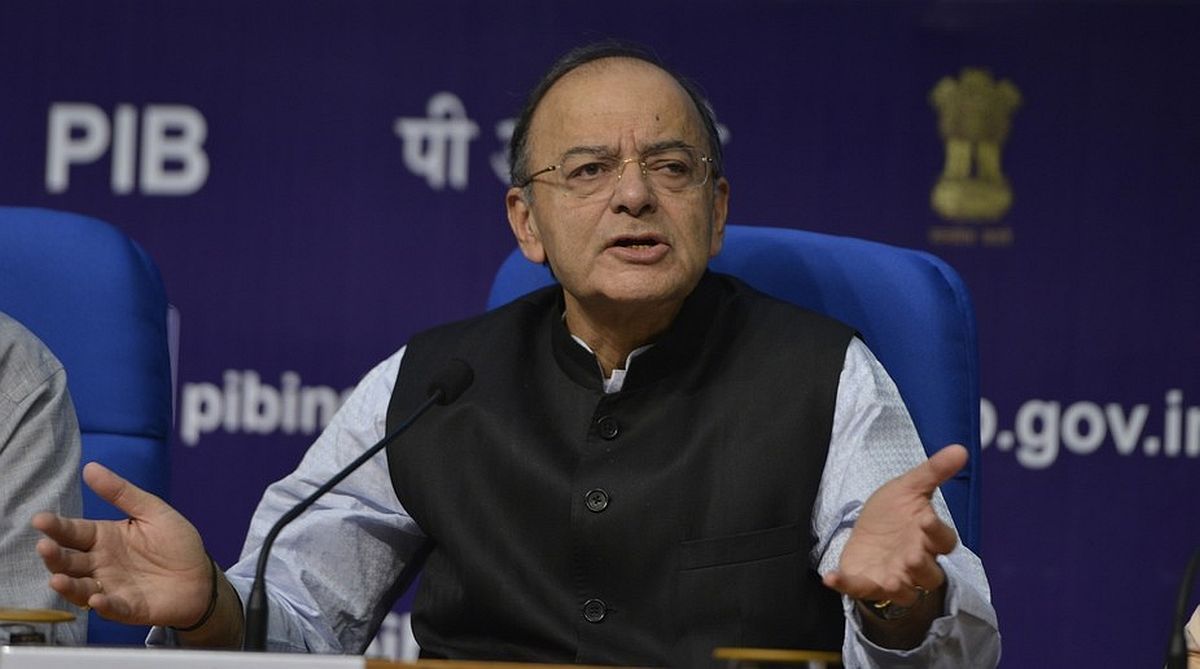These are hardly the best of times for a “temporary” head of the country’s finances to be presenting a budget but Mr. Piyush Goyal, given the additional charge of finance, presents his maiden budget at an unenviable juncture where the expenses of the government have defied gravity, revenues are southwards-bound, while the finance minister is committed to limiting its fiscal deficit to no higher than 3.3 per cent of the country’s gross domestic product. Much of earlier hopes were based on the poorly-rolled out GST that has people defaulting and stumbling and others who find themselves out of the GST net and, therefore, not contributing. The expected collection on account of central GST was Rs 6,03,900 crore but the government may well find itself falling short by as much as Rs 1,49,000 crore, throwing Mr Goyal’s predecessor’s calculations out of the window. Mr Arun Jaitley had talked of limiting the deficit to Rs 6,24,276 crore but the Controller General of Accounts (CGA), way back in October 2018, suggested that the government was at a negative position vis-a-vis the limit within the April-October period, with the fiscal deficit at 103.9 per cent of the budget estimate. Other credible reports suggest that by November 2018 the deficit was Rs 7,16,625 crore or 114.8 per cent of the fiscal deficit target. What rabbit Mr. Goyal will pull out of his hat is not clear, but it is highly improbable that the deficit targets can be met without financial chicanery.
Mr Jaitley may well have miscalculated on the disinvestment proceeds too having expected to pick up Rs 80,000 crore through asset sales but failing to package the offers attractively enough for successful market operations in these stressful times. Thus was the government forced to use its own corporations to repeatedly bail itself out, transferring its financial mess to the books of public sector undertakings of which the prime example has been making the Oil and Natural Gas Commission (ONGC) buy Hindustan Petroleum Corporation. Purportedly, this was to enable ONGC to become India’s first vertically integrated ‘oil major’ but it is suspected it was to help the government meet its disinvestment target. In another context, it got a hapless Life Insurance Corporation to pay for IDBI Bank, amongst the darkest of the government’s banking sheep and rid its books of another troubled asset. The government may have chosen to curb its profligacy given the dire financial straits but can hardly be expected to exercise financial restraint in this pre-election season. Mr Jaitley had cleared the way by saying economic compulsions would need to be taken on board even for the interim exercise. Political compulsions will, of course, make mincemeat of fiscal prudence.
Advertisement









